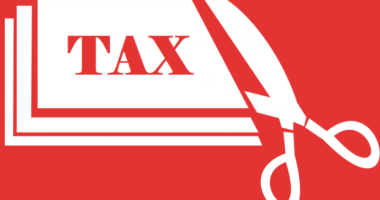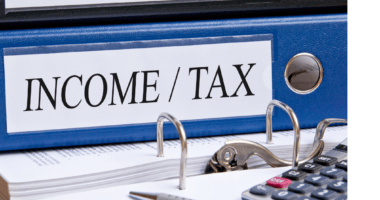The Central Board of Indirect Taxes and Customs (CBIC) has finally notified the new GST rate for all types of lottery ticket distribution across India. A uniform rate of 28% shall apply for lottery tickets whether or not government-authorised schemes. The new rate shall apply from 1st of March 2020 onwards.
Earlier, the rate for a lottery scheme run by the state government was 12% when it is conducted within the state. Whereas the lottery scheme authorised by the state government, i.e. sold outside the organising state and is undertaken by private players was 28%. It created a disparity in the imposition of the GST due to different rates. However, the end-product was no different in its characteristics.
The issue of having a uniform rate was prolonged for over a year as it was tabled several times before the GST Council. In the 38th GST Council meeting, a final call was taken to impose a uniform rate of 28%. Accordingly, the CBIC has issued a Central Tax Rate notification numbered 1/2020 on 21st of February 2020 to give effect to the rate revision.
Back in the 32nd GST Council meeting held on 10th of January 2019, a group of Ministers were appointed to study the taxation of lotteries in India and the implications of single rate on their sales. Accordingly, an eight-member GoM was formed on 16th of January 2019 for studying the differential levy of GST on sale of lottery tickets. Thereafter, at the 35th GST Council meeting held on 21st of June 2019, the issue was discussed at length, and the views of all states were taken. The rate cut for the lottery was put on hold as the matter had to be referred before an Attorney General, to understand the correct stand.
Kerala government runs its lottery programme since 1967. Regarding the levy of GST on lotteries, the Kerala Assembly had previously (June 2018) passed a resolution against the Central Government’s move to force uniform tax rate on the State-run lotteries and other State lotteries. Through the resolution, the Assembly requested the Centre to halt any further move and to continue the status quo. It feared that the move of reducing the rates to 12% even for all the private players would otherwise benefit the lottery mafias operational in the country. However, the rate hike seems to have pleased such state governments too.
Also Read: The Saga of Interest on Delayed GST Payments
In the state of Kerala, the state-run lottery has been the primary indulgence for around 1.25 lakh families. The money so collected through the state-run lottery funds the social welfare programmes of the state. Apart from Kerala, Punjab, West Bengal and 10 other states currently organise state-drawn lottery schemes.
While approaching the Attorney General, the GST Council was concerned about the contradiction between the dual-rate and article of the Constitution of India.
Article 304 covers restrictions on trade, commerce and intercourse among states notwithstanding anything in Article 301 or Article 303. An excerpt at clause (a) reads as ‘the Legislature of a State may by law impose on goods imported from other States or the Union Territories, any tax to which similar goods manufactured or produced in that state are subject, so, however, as not to discriminate between goods so imported and goods so manufactured or produced.’
GST advocates the principle of ‘One nation, one tax’ across India. By which, an item of a particular description falling under one HSN code must have just one tax rate throughout the country, irrespective of any State levy under the Indian Constitution.
By looking into article 304 of the Indian Constitution, a question was raised as to whether a product or good- being ‘lottery ticket’ have more than one rate despite the nature of it being the same. The principle governed by GST law was in contradiction with the purpose of article 304. Hence, it was untenable to have two different GST rates within a state.
Therefore, now by the notification, all buyers would have to shell out 28% GST on lotteries which could discourage people from an active indulgence. However, the rate hike move is said to have been welcomed by various private players in the game of lottery. It has provided a level-playing field for them with the state-run schemes and made it more competitive.
For any clarifications/feedback on the topic, please contact the writer at annapoorna.m@cleartax.in
Annapoorna, popularly known as Anna, is an aspiring Chartered Accountant with a flair for GST. She spends most of her day Singing hymns to the tune of jee-es-tee! Well, not most of her day, just now and then.





